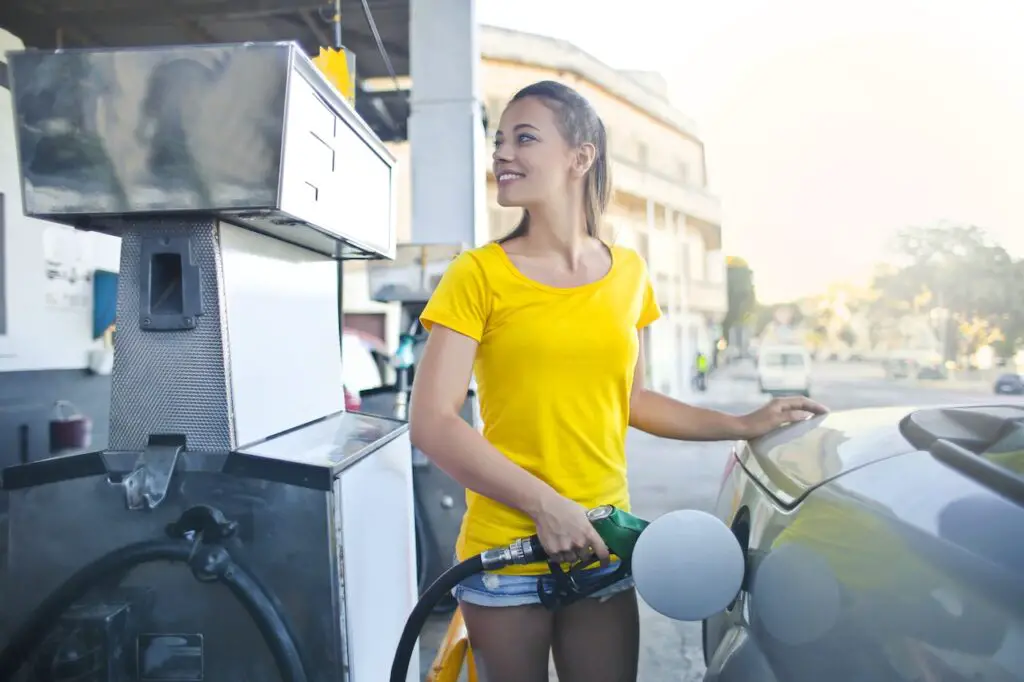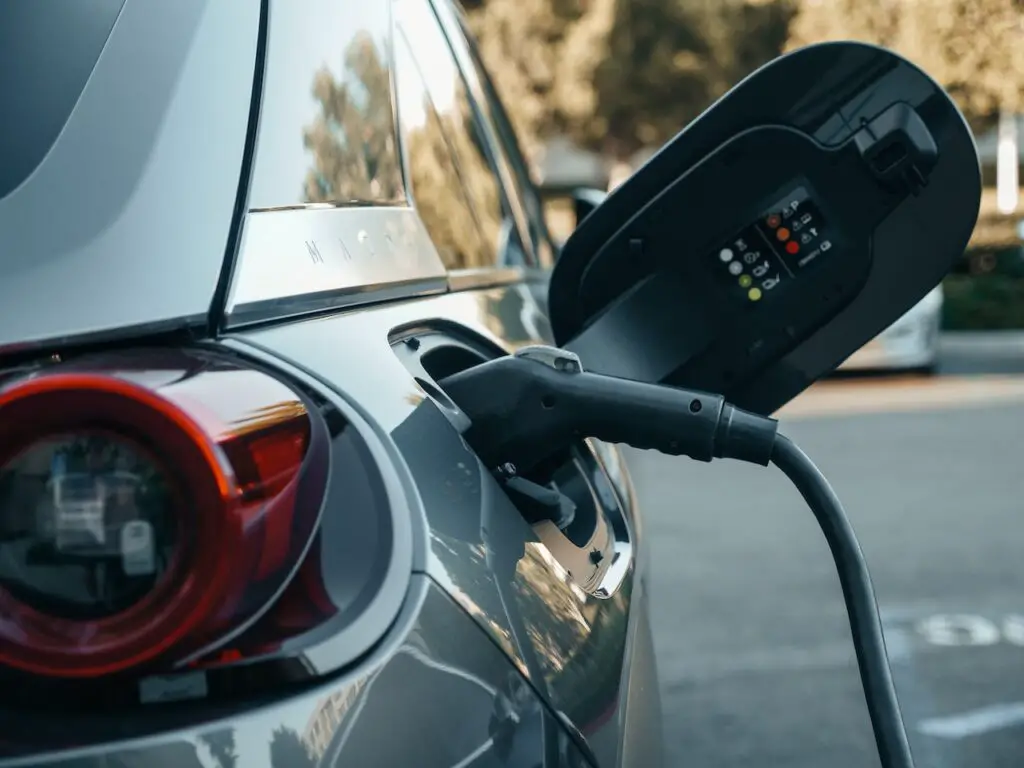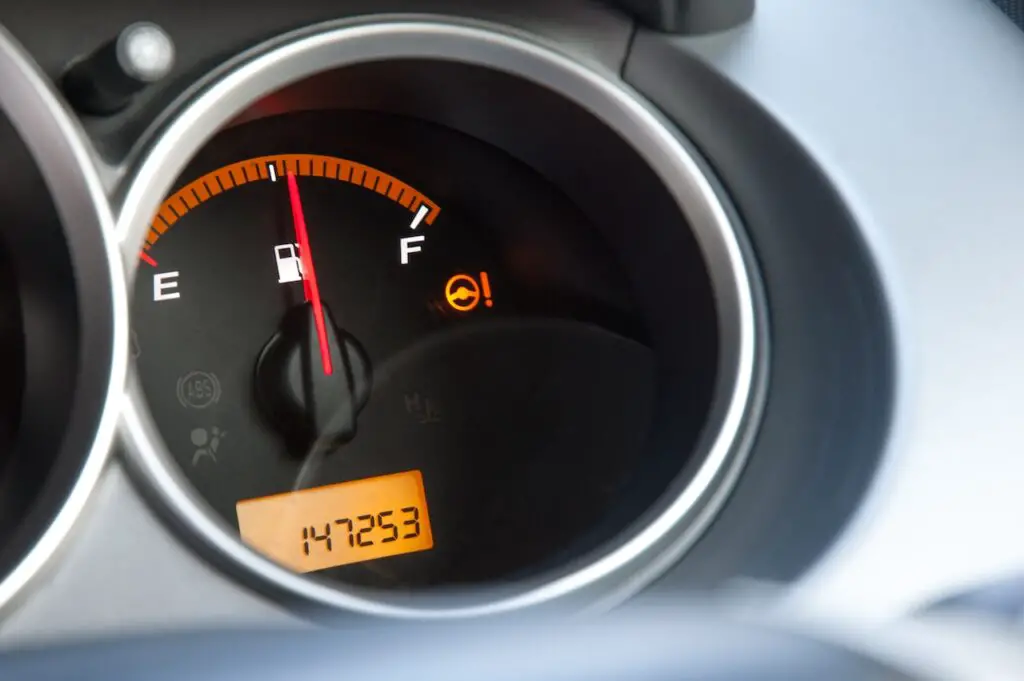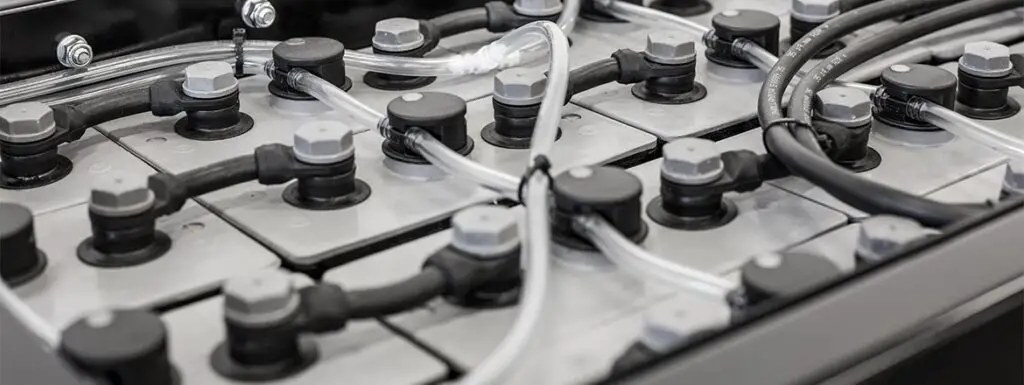If you own an electric vehicle, you may have experienced the frustration of your EV charger stopping unexpectedly during a charging session. This can be a common issue that many EV owners face, and it can be caused by a variety of factors.
One reason why your EV charger may keep stopping is due to a problem with the charging cable or connector. This can be caused by a loose connection, damaged cable, or a faulty connector. Another reason could be due to an issue with the charging station or power source. If the charging station is not functioning properly, it can cause your EV charger to stop charging.
It’s important to identify the root cause of the issue to prevent future interruptions during charging. In this article, we will explore some common reasons why your EV charger may keep stopping and provide some tips on how to troubleshoot the problem.
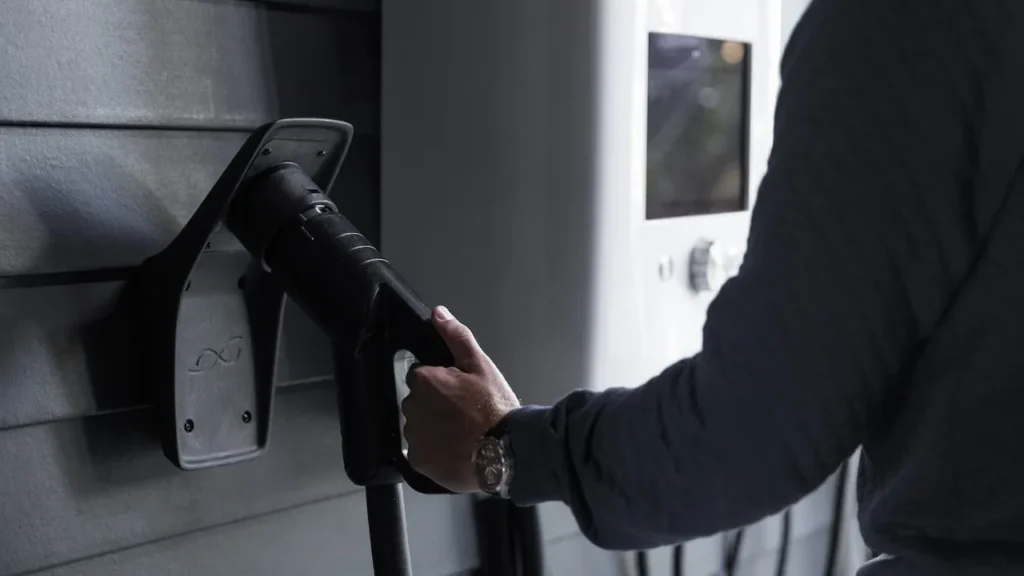
Charge Timer
If your EV charger keeps stopping, it might be because of the charge timer. The charge timer is a feature that allows you to schedule when your car starts and stops charging. This feature is useful if you want to take advantage of off-peak electricity rates or if you want your car to be fully charged at a specific time.
If your charge timer is set to a specific time, your car will stop charging once it reaches the set time, even if it’s not fully charged. This might be why your charger keeps stopping. To fix this, you can adjust the charge timer to a later time or turn it off completely.
Keep in mind that some EV chargers have a default charge timer that is set to turn off after a certain amount of time. If this is the case, you can adjust the charge timer or contact the manufacturer for assistance.
Power Supply
If your EV charger keeps stopping, one possible reason could be an issue with the power supply. There are two common power supply issues that can cause charging to stop: circuit overload and voltage drop.
Circuit Overload
If your EV charger is connected to a circuit that is already overloaded with other devices, it may cause the circuit breaker to trip and stop the charging process. To prevent this issue, make sure that your EV charger is connected to a dedicated circuit that is not being used by any other devices.
Voltage Drop
Another possible power supply issue that can cause your EV charger to stop charging is voltage drop. Voltage drop occurs when there is a significant decrease in voltage between the power source and the EV charger. This can happen if the power source is too far away from the EV charger or if there are too many devices connected to the same power source.
To prevent voltage drop, make sure that your EV charger is connected to a power source that is close enough and has enough power to support the charging process. You can also consider using a voltage drop calculator to determine the appropriate wire size and length for your EV charger installation.
Charging Cable
If your EV charger keeps stopping, the issue may be with the charging cable. The cable can get damaged or have loose connections, causing the charging process to stop. Here are some factors to consider:
Physical Damage
Inspect the charging cable for any physical damage, such as cuts, cracks, or frayed wires. Any damage to the cable can cause issues with the charging process. If you notice any damage, stop using the cable immediately and replace it.
Loose Connections
Check the connections between the charging cable and the EV. If the connections are loose, the charging process may stop. Make sure the connections are secure and properly inserted. If you still have issues, try cleaning the connectors with a soft cloth.
By keeping an eye on the charging cable and ensuring it is in good condition, you can avoid issues with the charging process. If you continue to have issues, contact your car provider or the charging station owner for assistance.
EV Charging Station
If you’re experiencing charging issues with your EV, it could be due to problems with the charging station itself. Here are a few common issues that can cause your EV charger to keep stopping.
Software Updates
One common issue with EV charging stations is that they may need software updates. Just like your phone or computer, charging stations have software that needs to be updated periodically. If the software is outdated, it can cause charging problems. Make sure to check for updates regularly and keep your charging station up to date.
Compatibility Issues
Another issue that can cause your EV charger to keep stopping is compatibility issues. Not all charging stations are compatible with all EVs. Make sure that the charging station you’re using is compatible with your vehicle. You can check the manufacturer’s website or contact customer support to confirm compatibility.
Additionally, some EVs require specific charging equipment, such as a Level 2 charger. Using the wrong equipment can cause charging issues.
Overall, if you’re experiencing charging problems with your EV, it’s important to check the charging station for software updates and compatibility issues. By addressing these issues, you can help ensure that your EV charges properly and efficiently.
Conclusion
Dealing with an EV charger that keeps stopping can be frustrating, but there are several steps you can take to troubleshoot and fix the problem. First, make sure your charger is properly connected and that the power source is working correctly. If you’re still having issues, try resetting your charger or checking for any firmware updates.
It’s also important to keep in mind that certain factors, such as extreme temperatures or a faulty battery, can impact your charging experience. By staying aware of these issues and taking proactive steps to address them, you can keep your EV running smoothly and efficiently.
Ultimately, the key to resolving any issues with your EV charger is to stay patient and persistent. With the right approach and a little bit of troubleshooting, you can get back to enjoying all the benefits of driving an electric vehicle, from lower emissions to reduced fuel costs and more.

